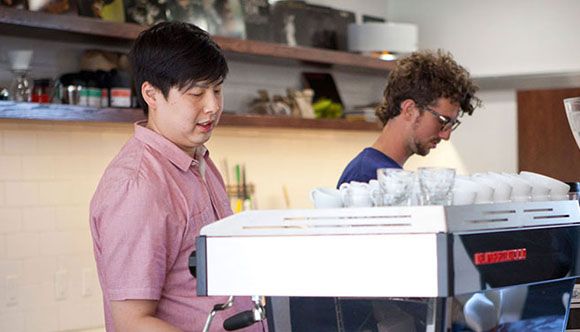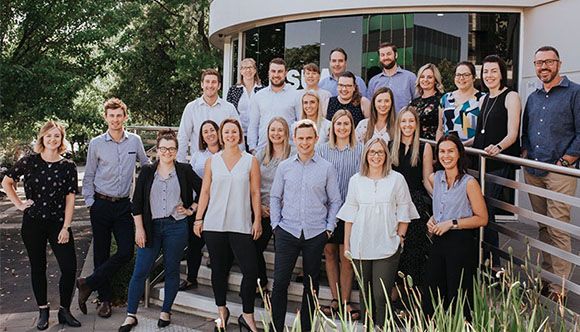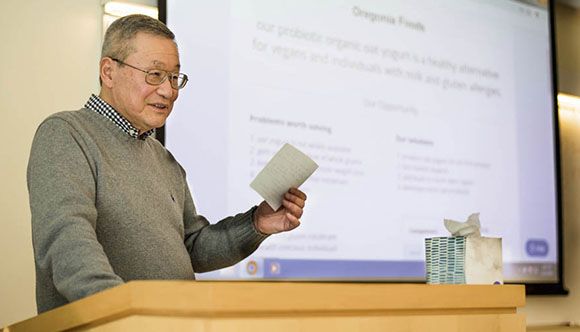Richard Beresford: MicroAid

Background
MicroAid is a non-governmental organization founded in 1997 by Richard Beresford, with offices in London and Jakarta. The organization's mission is to connect extremely low-income people to global resources that can help lift them out of poverty. Drawing from his diverse background in agriculture, television, and consulting, Richard started MicroAid after realizing that providing microloans alone wasn't enough to help poor families earn a sustainable living. The NGO focuses on bridging the information gap for micro-entrepreneurs, helping them access technology, skills, and business knowledge from the global marketplace.
“Capital is a scarce resource needed to run and expand an existing business. But market knowledge and production skills are the main 'livelihood capital' that can be owned by anybody.”
Richard Beresford
Managing Director, MicroAid
Problem
Richard identified that low-income families often suffer from "information asymmetry" — they lack the knowledge to use cash transfers or microloans profitably. Many families struggle to identify viable business opportunities or lack the skills to turn their existing expertise into sustainable livelihoods. Traditional methods passed down through generations are often no longer relevant or profitable in the modern world. These families needed a way to learn about various business opportunities, improve their skills, and create solid business plans to achieve financial stability.

Solution
To address the crucial need for business planning, Richard turned to LivePlan. He found the software to be simple to use yet powerful enough to provide all the necessary tools for micro-entrepreneurs. MicroAid leverages technology and social media to connect micro-entrepreneurs with educational resources and business tools, including easy-to-understand photos and text to explain business ideas for those with limited literacy. LivePlan's online nature allows low-income families to share in the business management experience that MicroAid seeks to expand throughout developing nations.
Outcome
By using LivePlan through MicroAid, micro-entrepreneurs in Southeast Asia and around the world have been able to create comprehensive business plans, ensuring their financial calculations are sound before presenting to potential investors. The software's pitch feature has been particularly useful for those needing concise one-to-three-page plans. Entrepreneurs have also benefited from LivePlan's sample business plans, which show them what their peers globally are doing and how they can achieve similar success. Richard reports that LivePlan has been used successfully by various small businesses, including an online Indonesian chocolate shop, a university café, and a company developing a mobile app for handline tuna fishermen. Through the efforts of MicroAid and LivePlan, Richard is helping families at the bottom of the socioeconomic ladder access the knowledge and skills they need to create sustainable livelihoods and rise out of poverty.
Related Articles

Starting
Quick and easy planning helped Brian turn his coffee roasting idea into a reality

Advisors
LivePlan helps Ipsum Advisors deliver more effective advising services

Funding
First-generation entrepreneur Tamika used LivePlan to secure a $10,000 loan at 1% interest for her medical scrubs brand

Educators
Roger uses LivePlan to show students how to harness the business planning process
Try LivePlan Today
Totally risk free. 35-day money-back guarantee.


